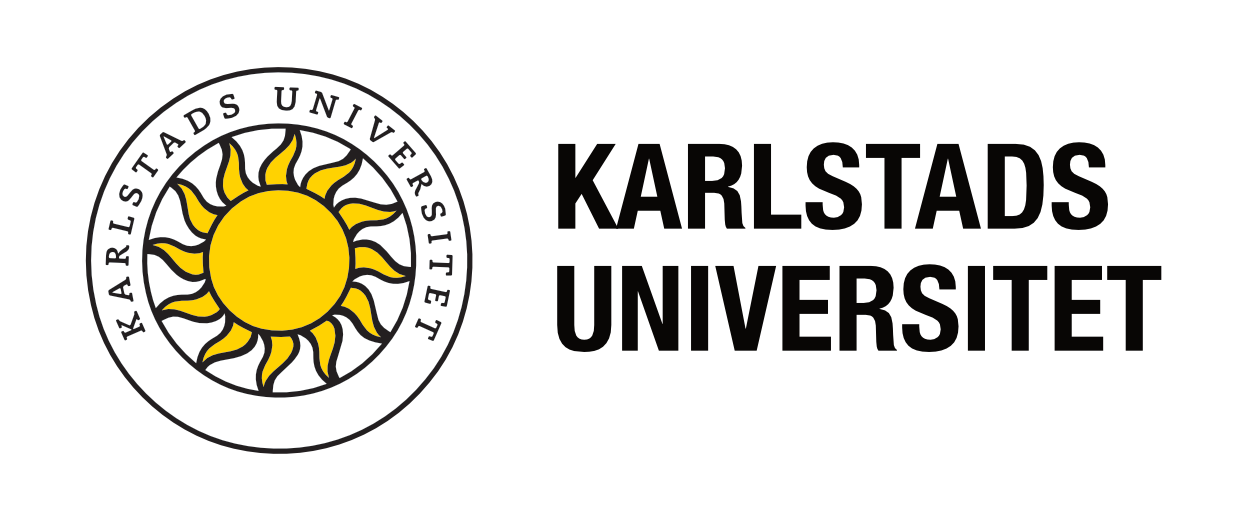Can groupwork be used for examinations? Is it possible to give individual grades? Are there other ways to use groupwork in teaching?
Groupwork in teaching is very useful. It contributes to active students, they are forced to formulate their knowledge, share their thoughts with each other, they are allowed to put theoretical knowledge into reality-based situations, and so on. Groupwork can also be work-efficient for teachers, such as it allows teachers to provide guidance and feedback per group instead of per individual.
In addition, groupwork prepares students for working life, as teamwork is an essential part of many industries.
However, there are also several hooks. These are clearly expressed in Chapter 6 in Regulations for first and second level education at Karlstad University. Teaching is in principle voluntary (§3). Therefore, if some students choose not to participate in teaching that is organized as groupwork, the pedagogical purpose of the groupwork is also eroded for the students who choose to participate.
A solution that is sometimes practiced is therefore to make group assignments into examination assignments, as exam assignments are mandatory (§3). This in turn creates a new problem: Individual grading of each student in the group (§1).
Do not give individual grades for groupwork
Individual grading based on work with group assignments comes into sharp conflict with the pedagogical purpose of groupwork – to collaborate – and should therefore be avoided. There are several serious problems with individual grading based on group assignments:
- Students try to maneuver so that they end up in groups with other students with high ambitions, whereby lower-performing students are rejected.
Lower-performing students will be left over if the students themselves choose group division. Or they are run over or ignored in the group’s work, so as not to jeopardize the group’s results for the others. Apart from the fact that this of course jeopardizes their study results, it can have other serious consequences. Being rejected or ignored in a social group is a serious threat to an individual’s mental health. - The mere awareness of that the individual group members can receive different grades makes it generally difficult for the students to act to contribute to the group’s joint performance.
In the visible parts of the group’s work (e. g. written results or oral presentation), it becomes important that the individual student’s contribution becomes visible, rather than the group’s joint performance. The participants are thus trained not to cooperate, but to compete, which is the exact opposite compared to what characterizes good teamwork.
- These behavioral tendencies become particularly strong if the individual grades are set in more levels than just passed/failed.
- It also becomes difficult to formulate legally secure and relevant assessment criteria.
How to e. g. assess the student who chooses to act in a supportive manner in relation to his group colleagues in an oral presentation? It is easy to instead formulate the assessment criteria as superficial, dubiously relevant factors such as the number of posts in a discussion group, or vague criteria such as general “active participation”.
Solution: Use groupwork as a compulsory teaching component
However, the university’s rules state (§3) that some teaching activities “may be of such a nature that the students must actively participate in order to utilize the component” and thus can be made compulsory. This opens up the possibility of using groupwork as a form of teaching when it is pedagogically motivated based on the course objectives.
But then note that groupwork in these cases are not an examining element, but a compulsory element in the course teaching. Just like examining elements, such elements must appear in the syllabus and the schedule (§3).

